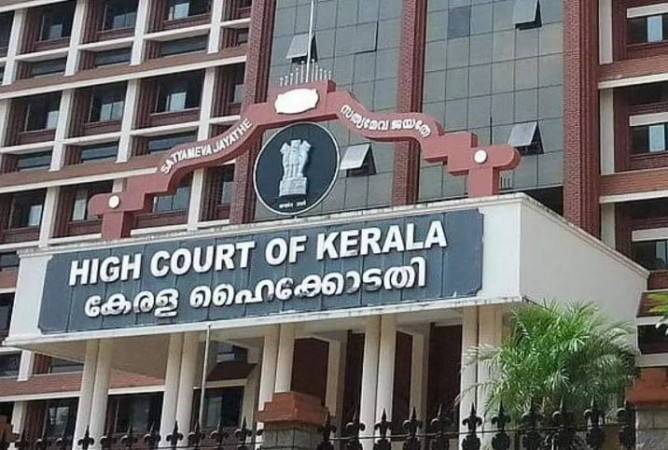
Kochi: In a landmark ruling, the Kerala High Court has affirmed the supremacy of the Child Marriage Prohibition Act over personal religious laws, emphasizing that the Act applies to all Indian citizens, regardless of caste or creed. Justice P V Kunjikrishnan declared, “Citizenship comes first; religion is behind it.”
The ruling came as part of the dismissal of a plea by five individuals from Puthukkod who sought to cancel the trial proceedings initiated by the Vadakkancherry Police at the Alathoor Magistrate’s Court over a child marriage in 2012. The accused include the girl’s father, the bridegroom, Mahal officials, and a witness. The petitioners argued that as Muslims, they had the religious right to marry a girl after she attains puberty, which they claim is at the age of 15.
The case was based on a complaint filed on December 30, 2012, by the Child Development Officer, alleging that the girl was underage at the time of her marriage. The Government and the amicus curiae contended that the Child Marriage Prohibition Act takes precedence over religious personal laws. The High Court upheld this argument, citing past Supreme Court judgments. It emphasized that the Kerala Prohibition of Child Marriage Act allows anyone to file a complaint against child marriage, underlining the Court's strong stance against the practice.
Justice Kunjikrishnan urged the media and voluntary organizations to collaborate in efforts to prevent and eliminate child marriage. He encouraged courts to proactively address such cases if the complaints were legitimate.
The judge expressed concern over the persistence of child marriage in Kerala, a state known for its high literacy rate. He criticized the defendants for justifying their actions with religious law, highlighting the numerous adverse effects of child marriage, including violations of children’s rights to education and health, exploitation, and various health and psychological issues. He pointed out that child marriage often leads to emotional and psychological trauma, social isolation, and disconnection from family and community. Furthermore, it is a violation of international human rights laws and conventions.
The Court advocated for allowing girls to pursue higher education and enjoy their youth, supporting their right to marry with their parents' blessings once they reach adulthood.
This judgment is considered a watershed moment, especially as the country debates the implementation of a Uniform Civil Code. Observers see the Kerala High Court’s decision as a significant step towards achieving social justice for all.
Supreme Court Halts Delhi High Court's Divorce Order for Chef Kunal Kapur
PM Modi: India Will Become the Third-Largest Economy in My Third Term
India Stands Firm on Rejecting Chinese FDI, Considers EU Carbon Tax: Piyush Goyal